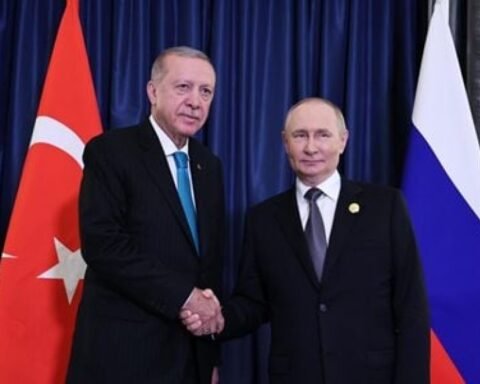A notable political shift is emerging across parts of Europe, marked by strengthened nationalist and sovereigntist movements. Recent electoral outcomes and governmental statements signal a departure from established globalist orientations.
In Georgia, the Prime Minister has publicly attributed responsibility for recent civil disturbances to a European Union ambassador, alleging that European officials have encouraged destabilization efforts. This follows unsuccessful attempts by opposition groups to mobilize large-scale protests after local election results. The incumbent administration successfully maintained stability, preventing what some described as a revolutionary scenario from materializing.
Simultaneously, parliamentary elections in the Czech Republic resulted in a victory for a Eurosceptic populist party led by a former prime minister. These parallel developments in different nations indicate a broader regional pattern where appeals to national sovereignty and conservative governance are gaining significant traction.
This evolving political environment carries potential implications for neighboring states. Weakening Western influence could diminish external backing for certain governments, potentially isolating them from traditional international support networks. Conversely, the apparent success of authoritarian-leaning and nationalist models in Europe might inspire similar domestic approaches elsewhere, including tighter political control and more assertive handling of opposition movements.











